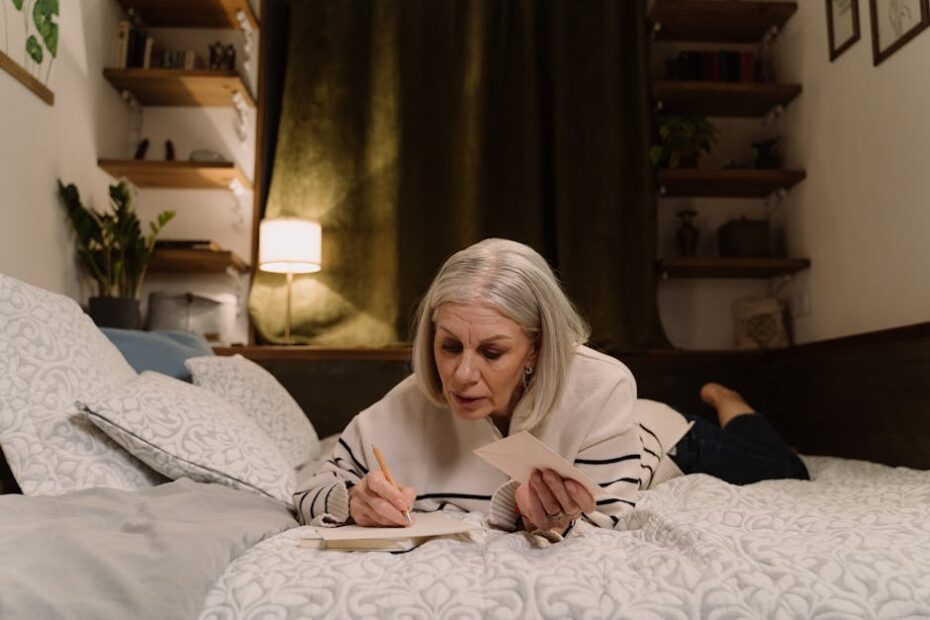What It Actually Looks Like When a Woman Starts Falling Out of Love
Love doesn’t usually leave with a bang. It fades. Quietly. Slowly. And sometimes, by the time you notice… it’s already been gone for a while. One of the hardest truths in a relationship is accepting… What It Actually Looks Like When a Woman Starts Falling Out of Love









